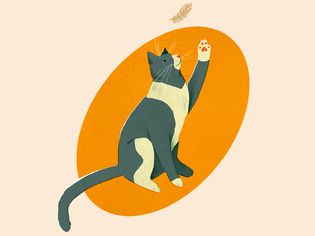
Cats Need Enrichment, TooâHere Are 6 Ideas on How to Provide It
Cats are amazing, intelligent creatures. Their lifestyle reflects the predatory skills an...
When the pet vaccine for FIV (Feline Immunodeficiency Virus) was announced in March 2002, it was met with enthusiasm from the medical community, not only for its potential value to cats but also for its potential to spur research on a vaccine against human AIDS.
The patents for the FIV vaccine are owned by the University of California and the University of Florida, and were licensed to Fort Dodge Animal Health, a division of Boehringer Ingelheim, for manufacturing, under the name of "Fel-O-Vax FIV." In 2015, this vaccine was taken off the market and is no longer licensed for use in the the U.S. and Canada.
The FIV virus was first isolated in cats in 1986 by immunologist Janet Yamamoto and Niels Pedersen. Yamamoto started working on a vaccine for FIV and later continued her work at the University of Florida, along with researchers at Fort Dodge Animal Health. Pedersen, who was the director of the Center for Companion Animal Health, is considered an expert in the field of retroviruses and immunologic disorders of small animals. He has attributed the approval of the FIV vaccine to Dr. Yamamoto, for her decade-long devotion to the project.
Shortly after the announcement of FDA approval for the FIV vaccine, as more information came forth, emails began circulating among cat rescue groups because of one fatal flaw: all current methods of testing for the FIV virus will show a "positive" for cats vaccinated with the FIV vaccine. What this means for owners and vaccinated cats could be dangerous in its implications. If a vaccinated cat is lost or simply gets picked up by an animal control officer, it could be euthanized as an FIV-positive cat.
There is simply no way of knowing which "positive" cat is truly infected and which cat has simply been vaccinated against FIV. It is no wonder that the reception of this vaccine was less than enthusiastic among the greater community of cat lovers, particularly in the U.S. where FIV strikes only 2 percent of the cats "at risk."
In response to numerous inquiries from veterinarians and rescue groups, the American Association of Feline Practitioners (AAFP) issued an FIV Vaccine Brief, but they did not offer concrete recommendations.
Although there are five strains (called Clades) of FIV, the vaccine was developed by only using two strains. Clade B, which is common in the U.S., particularly in the east, was not one of those two, nor was the vaccine's efficacy tested against Clade B. This means that even vaccinated cats may not be fully protected against FIV.
Despite its low incidence in the United States, FIV is a dreaded disease. While cats can live a good quality of life for years, it is ultimately fatal. While this vaccine was a huge breakthrough in the scientific world, and its potential is important, as of now, it is a not a viable form of protection for our cats.

Cats are amazing, intelligent creatures. Their lifestyle reflects the predatory skills an...
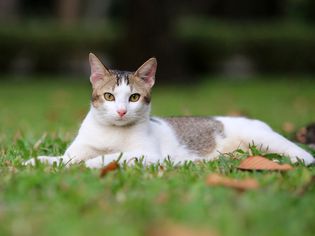
Cat owners know that the primary staple in their pet's diet should be meat, as they d...
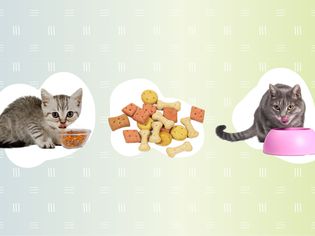
The Spruce Pets / Design by Amelia Manley Meal delivery services aren't just fo...
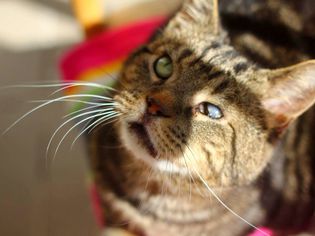
A blind cat can have a wonderful, happy life. It is not at all uncommon for pets, particu...
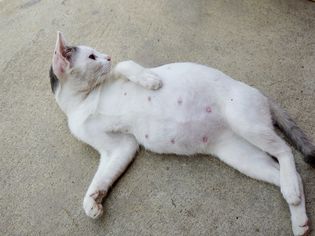
Is your cat pregnant? In a perfect world, your cat would have been spayed before this cou...
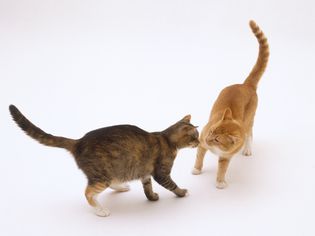
Many cat owners wonder if their neutered or spayed cat will still have the urge to mate o...
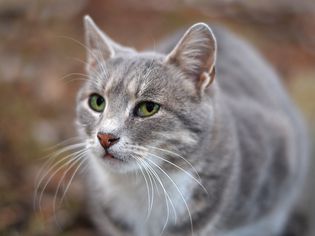
Cats in heat don't usually bleed or have periods the way humans do, but they experien...

Pinworms, also known as threadworms, are a common problem for people and especially ...
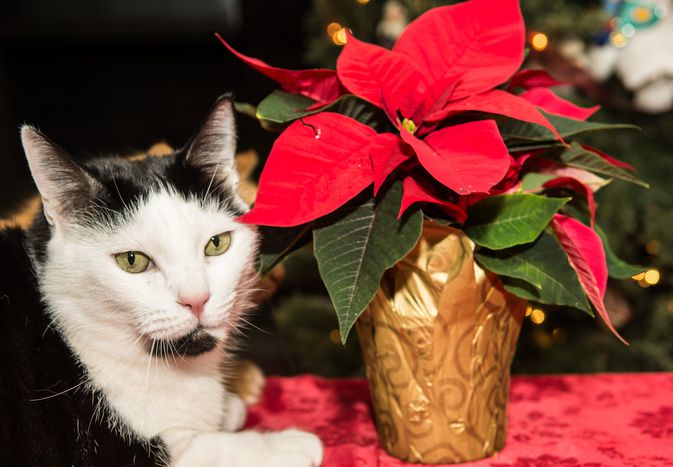
With their vivid red flowers and lush green foliage, poinsettias are synonymous with the ...
Comments on "The Debate Around the FIV Vaccine for Cats" :